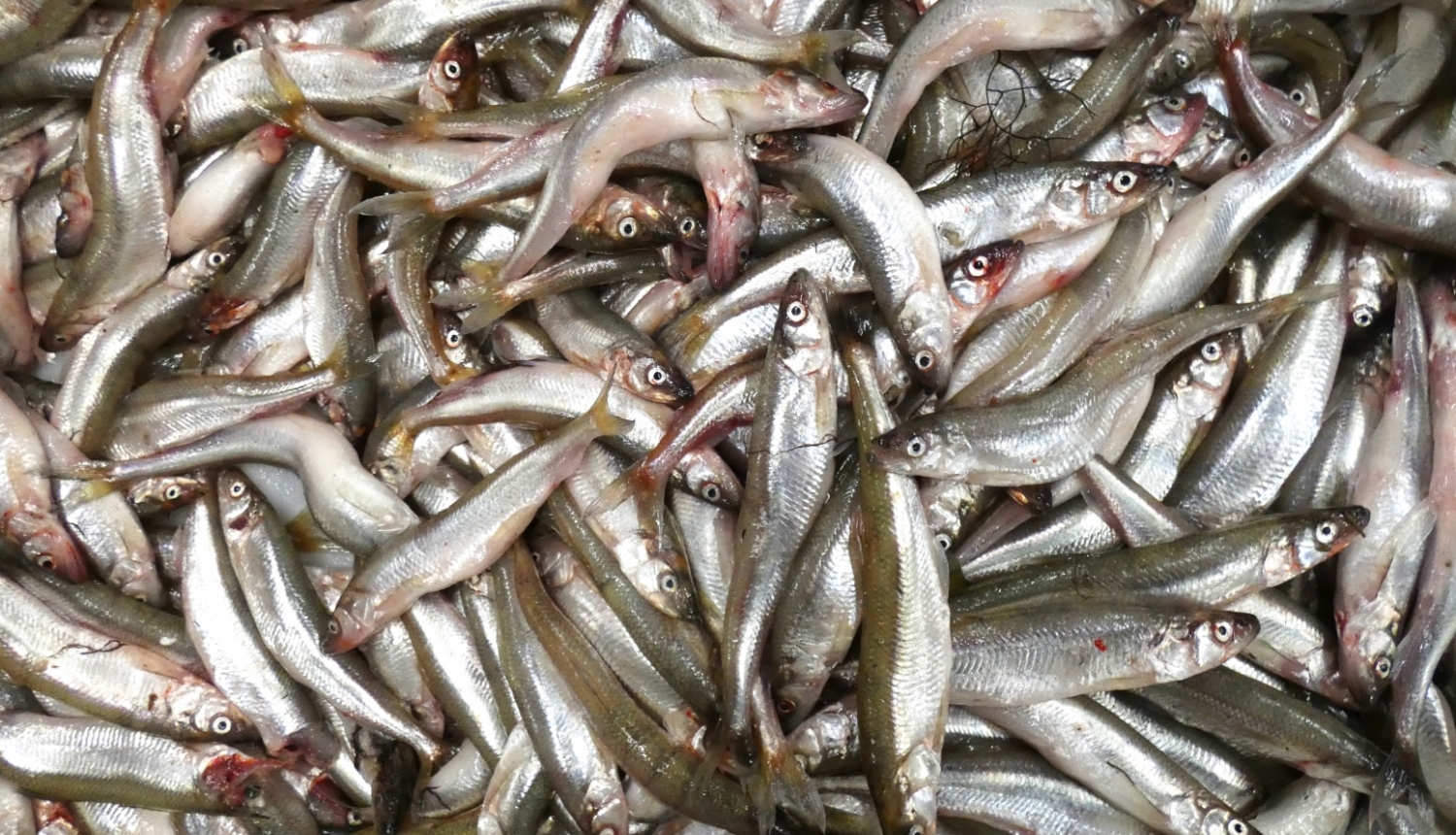The Minister for Agriculture, Armands Krauze attended a meeting of the Council of Ministers for Agriculture and Fisheries of the European Union (EU) (Council) in Luxembourg on Monday on October 21, where Member States discussed a proposal for fishing quotas in the Baltic Sea for the following year.
The Minister for Agriculture, Armands Krauze: “We were not prepared to accept the European Commission's proposals for next year's fishing opportunities which, in practice, could threaten existence of fisheries in the Baltic Sea, including in the highly sensitive coastal fishing regions of South Kurzeme, which would be affected by the radical by-catch restriction, proposed by the Commission. In contrast, for large fishermen and fish processors, reducing sprat by 42 per cent would have disruptive consequences. Therefore, in active and intensive discussions, we sought significant improvements to the original proposal in order to mitigate their negative impact. Maintaining our fishing and traditional coastal lifestyle is a very important task for the Ministry and is a constant concern for it. We must also not make decisions to the detriment of EU fishermen in circumstances where Russia continues to increase its fishing activity in the Baltic Sea and thus destroys all our savings in catches and efforts to improve the stock situation."
Following lengthy discussions in Luxembourg on Sunday and Monday (20 and 21 October), a meeting of experts from the Baltic Sea Cooperation Platform (BALTFISH) industry and then the Council meeting accepted the joint proposals of the Baltic Sea States on next year's fishing opportunities in the Baltic Sea. The compromise reached on 22 October was unanimously approved by the Council, which significantly relaxed the restrictions initially proposed by the EC on fishing for a number of fish stocks and also recreational fishing (fishing, captive fishing) for 2025.
In the European Commission's (EC) proposal for fishing quotas for 2025, the disproportionately high reduction of 42% in the catches of sprat, offered to EU Member States, compared to 2024, caused dissatisfaction among several Member States. Latvia strongly opposed such a proposal, which was in no way consistent with the assessment of the situation in the scientific advice of the International Council for the Exploration of the Sea (ICES), which still shows a strong and high stock of sprat and a responsible level of sustainable fishing. The only concern among scientists was for years of unproductive generations of sprat, but it may be due to environmental and other circumstances not favorable for sprat spawning rather than fishing. Therefore, the Baltic Sea States presented a joint proposal for the adoption of an additional measure for the protection of sprat stocks, three months ban on trawl fishing during the spawning period between the beginning of May and the end of August.
For certain other fish stocks, such as cod, the EC also offered far more restrictions than would be necessary to maintain the fishing opportunities for these stocks and other species. The radical reduction in by-catches of Eastern Baltic cod was not acceptable to Latvia, which would most likely result in a prohibition on continuing fishing for other species once the maximum by-catches of cod have been reached or in a threat of discards of by-catches of cod in coastal fisheries. However, it is prohibited to do so under EU law.
It should be stressed that cod and salmon, as has been the case for many years, are only allowed as by-catches in other species. Unfortunately, following a specialised cessation of fishing for these species, the stocks of these species do not recover at sea, which clearly points to other non-fishing conditions which are not improving in the Baltic Sea. At the Council meeting, all Baltic Sea States as well as several other Member States agreed on the very negative impact of the rapid increase in the grey seal and cormorant (cormorant) population on the stocks of endangered valuable fish species.
As a result of the difficult negotiations, Latvia was granted the following fishing opportunities in the Baltic Sea and Gulf of Riga for 2025 * (compared to 2024):
- COD subdivision 22-24. (10 tons, by-catches only): 17% reduction (compared to 75% reduction in the EC initial proposal),
- COD subdivision 25-32. (37 tons, by-catches only): a reduction of 27% (compared to 69% of the EC initial proposal),
- Baltic herring (2326 tons): 108% increase,
- herring in the Gulf of Riga (22 408 tons) – 10% increase,
- for sprat in the Baltic Sea (19 299 tons): reduction of 30.6% (compared to 42% of the EC initial proposal),
- salmon in the Baltic Sea (4585 gab, by-catch only) – 36% reduction.
* Figures provided are provisional, official will be available after publication of the Regulation



